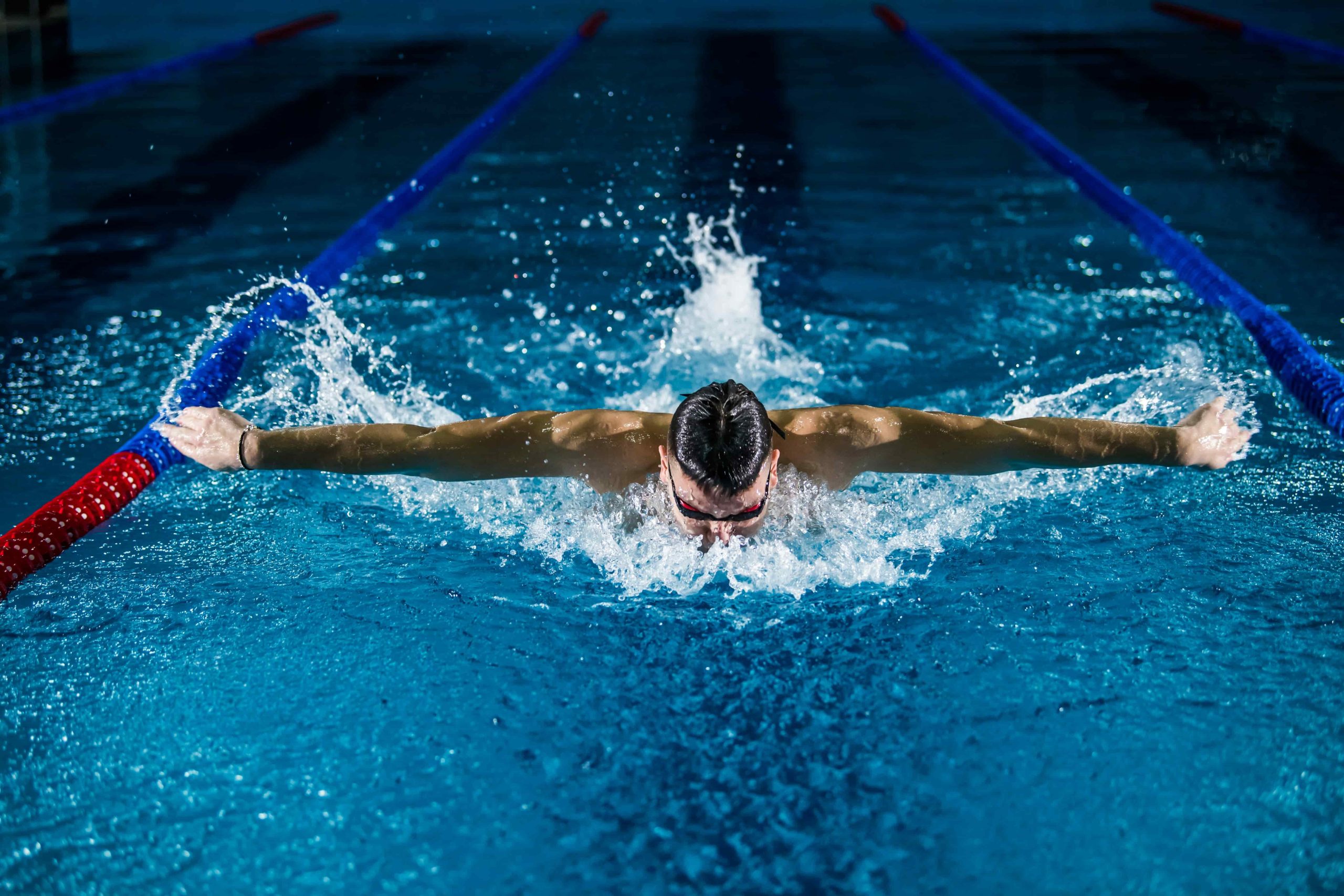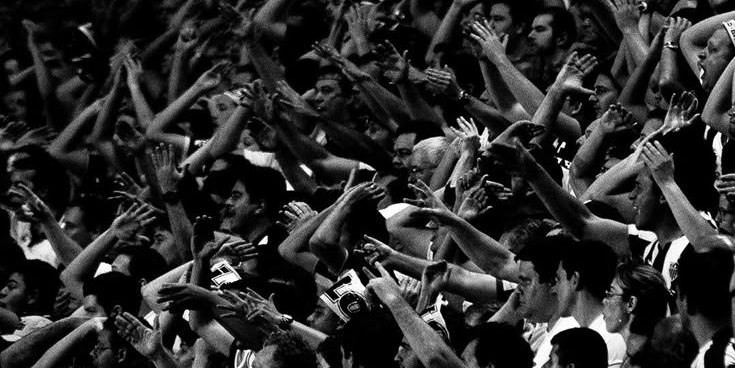“Sportswashing”, the practice of sponsoring a popular sporting team or event in order to launder a company or government reputation, is not a new concept.
Definition of Sportswashing
According to Oxford English Dictionary Sportswashing is defined as:
The use of sport or a sporting event to promote a positive public image for a sponsor or host (typically a government or commercial organization), and as a means of distracting attention from other activities considered controversial, unethical, or illegal.
History & Examples of Sportswashing
If we delve into the sporting history books examples of both Governments and brands flexing their digital marketing and PR arm are plentiful. Hitler’s fascist Germany used the 1936 Olympic Games to demonstrate the nation’s newfound strength and ambition to a global audience, South Africa used its rugby team as a vehicle to normalise apartheid and Marlboro used F1 to peddle cigarettes for decades.
The globalisation of elite sports has accelerated the number of cases leading to sportswashing becoming a familiar term in the industry lexicon. In recent years, we only have to look to the biggest stages in sport, FIFA World Cups, professional golf, elite cycling to and a litany of Government’s questionable human rights records or gas companies’ contentious environmental reputation.
Sport was always going to be an easy target. Few things in life evoke the same emotions or command the same passion as sport – capitalising on this as an agent to cleanse an image was an obvious outcome.
Another obvious outcome was the influx of investment that followed. Mega-money followed into the accounts of institutions and athletes as entities such as the Premier League went stratospheric as a result and missions to push the boundaries of human endurance in showcase events like the Tour De France revealed themselves. Sport became a spectacle – ridiculous in some ways, ridiculously entertaining in others. But this comes at a cost.
Human rights and environmental impact have a vital role to play in sport that is often overlooked. From fighting racism, sexism, and homophobia to confronting a climate crisis – sport, the environment, and human rights are intrinsically linked.
The Ethics Of Sportswashing
Sportswashing is a tangled web. A moral quagmire. There is no black or white, only grey. I realise that it’s unrealistic to enforce who invests in sport and who doesn’t. There’s also the argument to say that sport is a unifier, a change-maker. That sport has the power as a force for good to help Governments change for the better.
Sport has a unique platform unlike anything else. It’s an industry that engages a global audience and has a meaningful impact on the lives of those it touches. With great power, comes great responsibility.
I believe that sporting institutions, brands, and athletes have a moral obligation to ensure that the provenance of their investment is properly scrutinized. I understand that passing on this investment may forfeit their competitive edge, but change has to have a beginning.
Using third-parties – whether independent or activist – to advise on these investments should be considered by law makers and governors. Change would likely be slow, but it would be a collective movement in the right direction – for a more ethical industry.



























